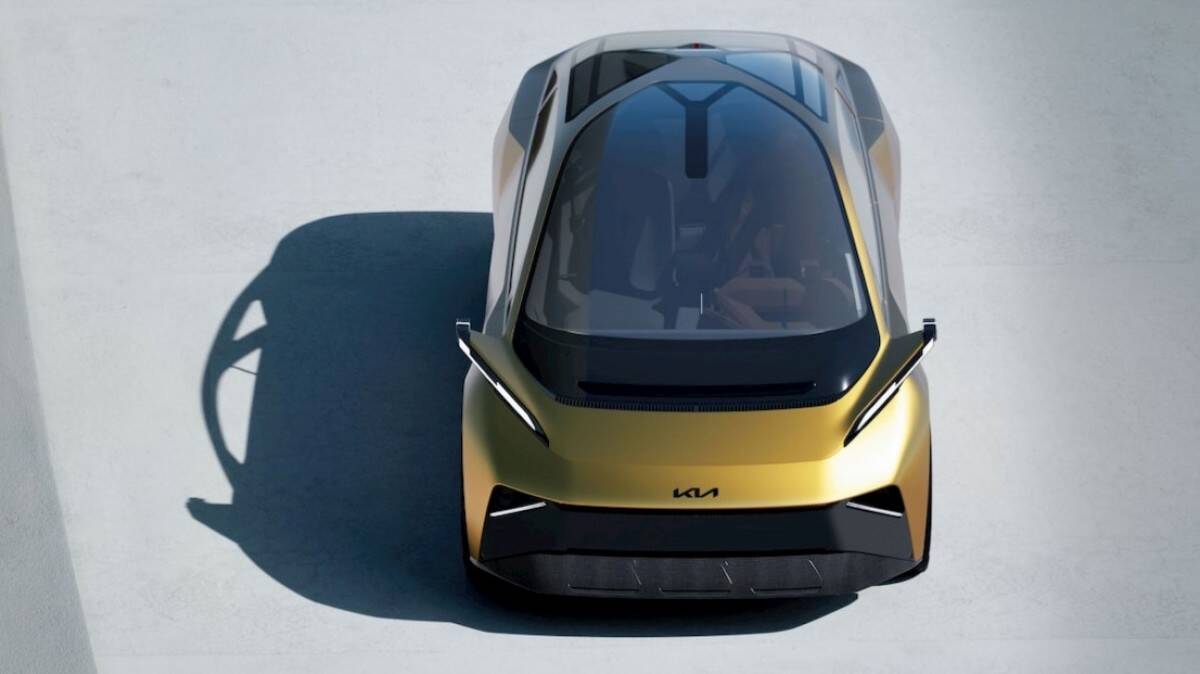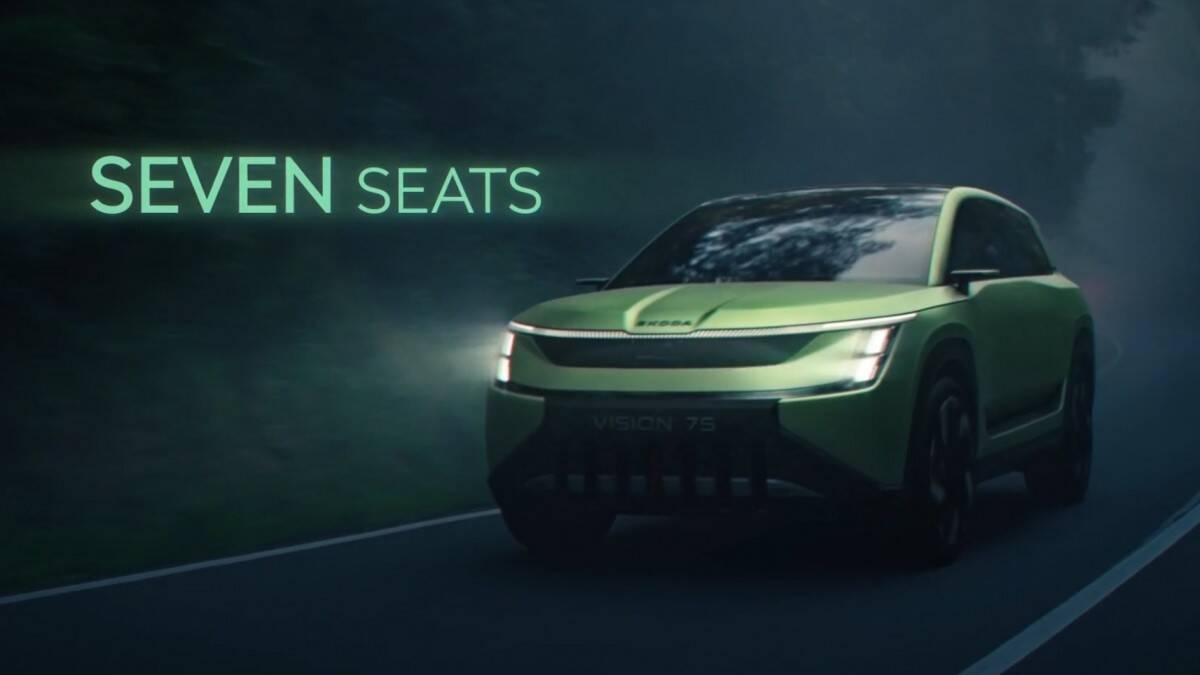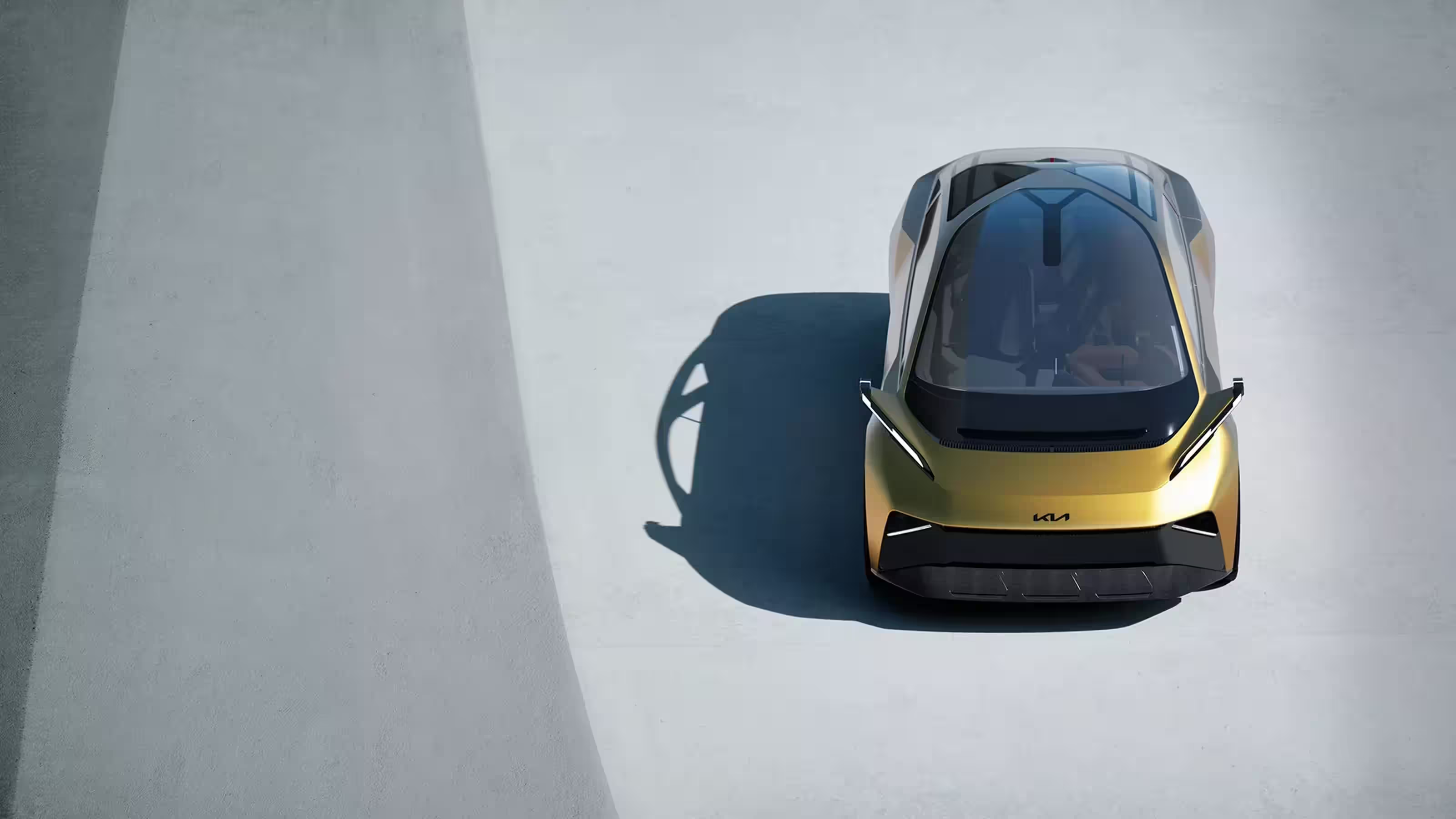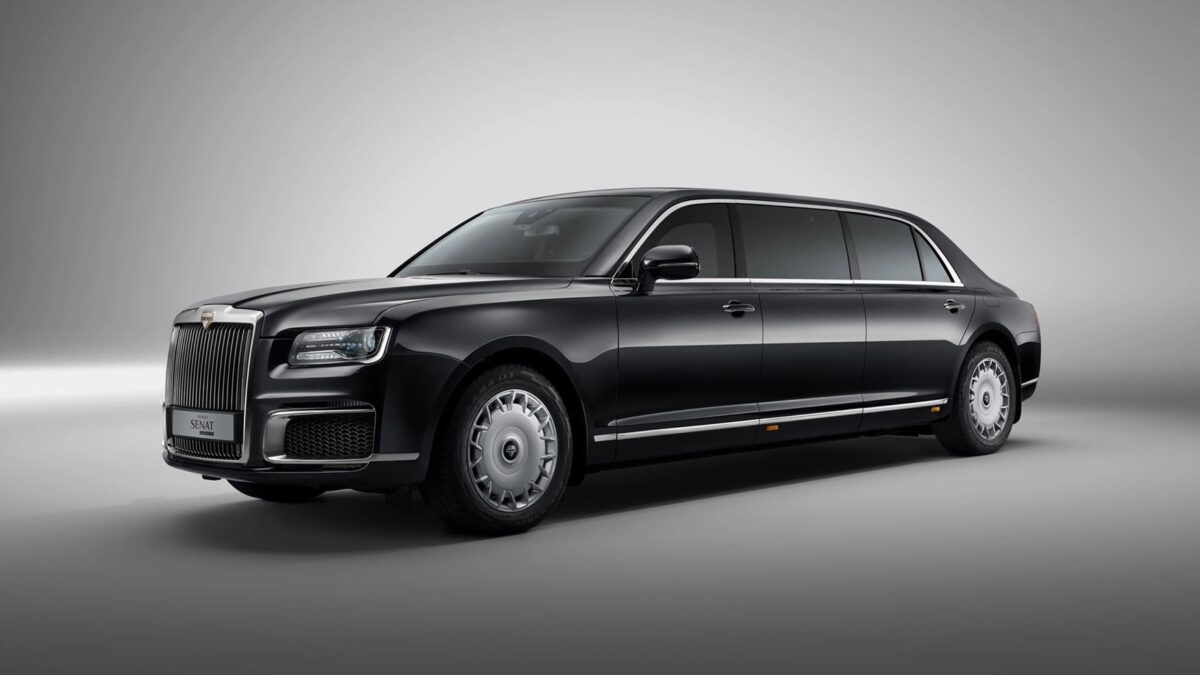Automakers have scaled back plans for electric vehicles
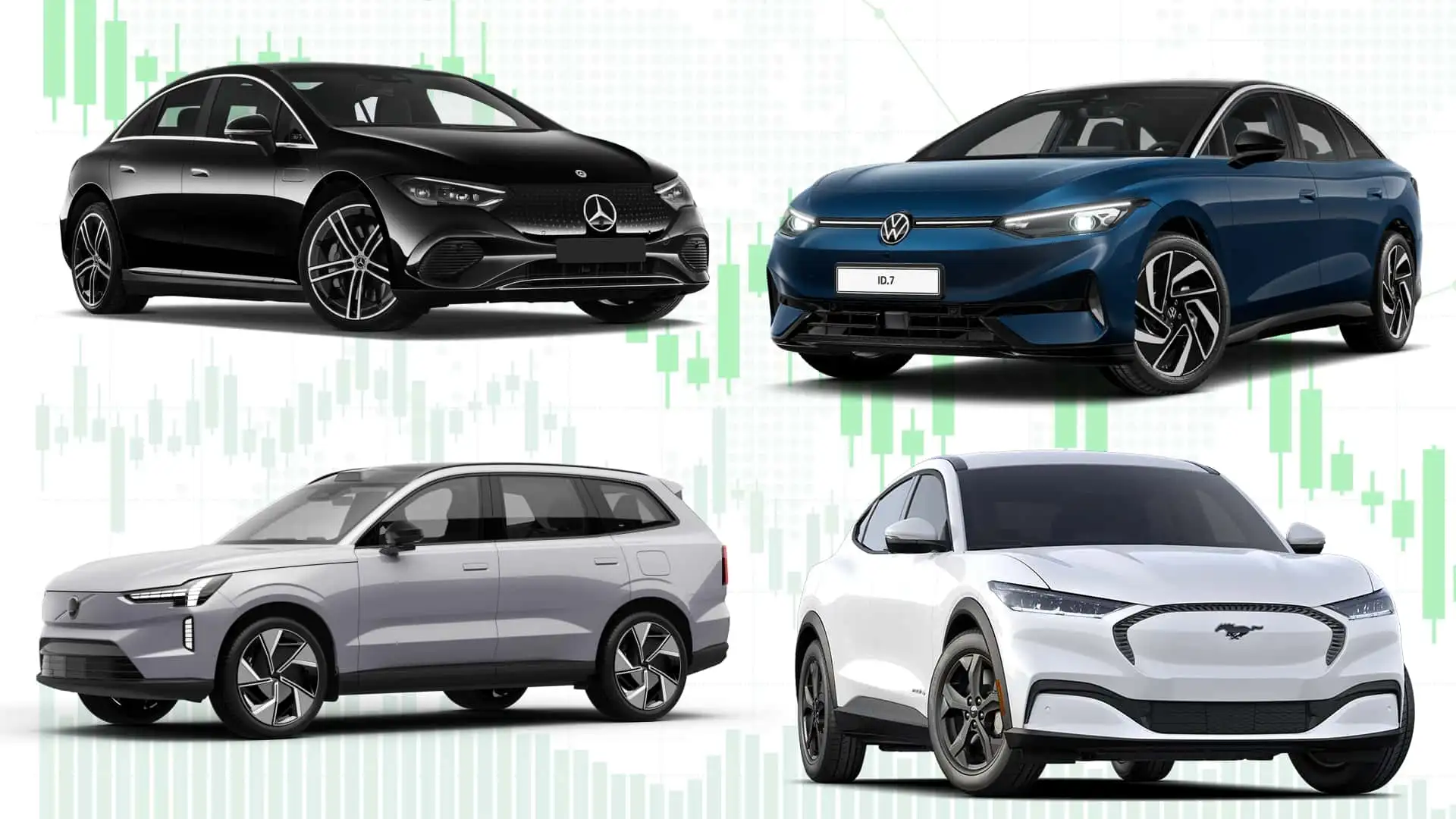
Despite continued interest in electric vehicles (EVs), many major automakers have begun to reconsider their ambitious production targets. Analysts at BloombergNEF warn that slowing the pace of EV development is a risky move, especially given competition from China’s BYD and U.S.-based Tesla.
Analytics at BloombergNEF warn that slowing EV development is a risky move, especially given competition from China’s BYD and U.S. Tesla.
Demand for electric vehicles is slowing
.
About a year ago, automakers began publicly declining demand for electric vehicles. Following that, companies began cutting back on their investments and revising plans to shift to cleaner transportation. A new report from BloombergNEF details how this will affect the number of electric vehicles produced by 2030.
A new report from BloombergNEF details how this will affect the number of electric vehicles produced by 2030.
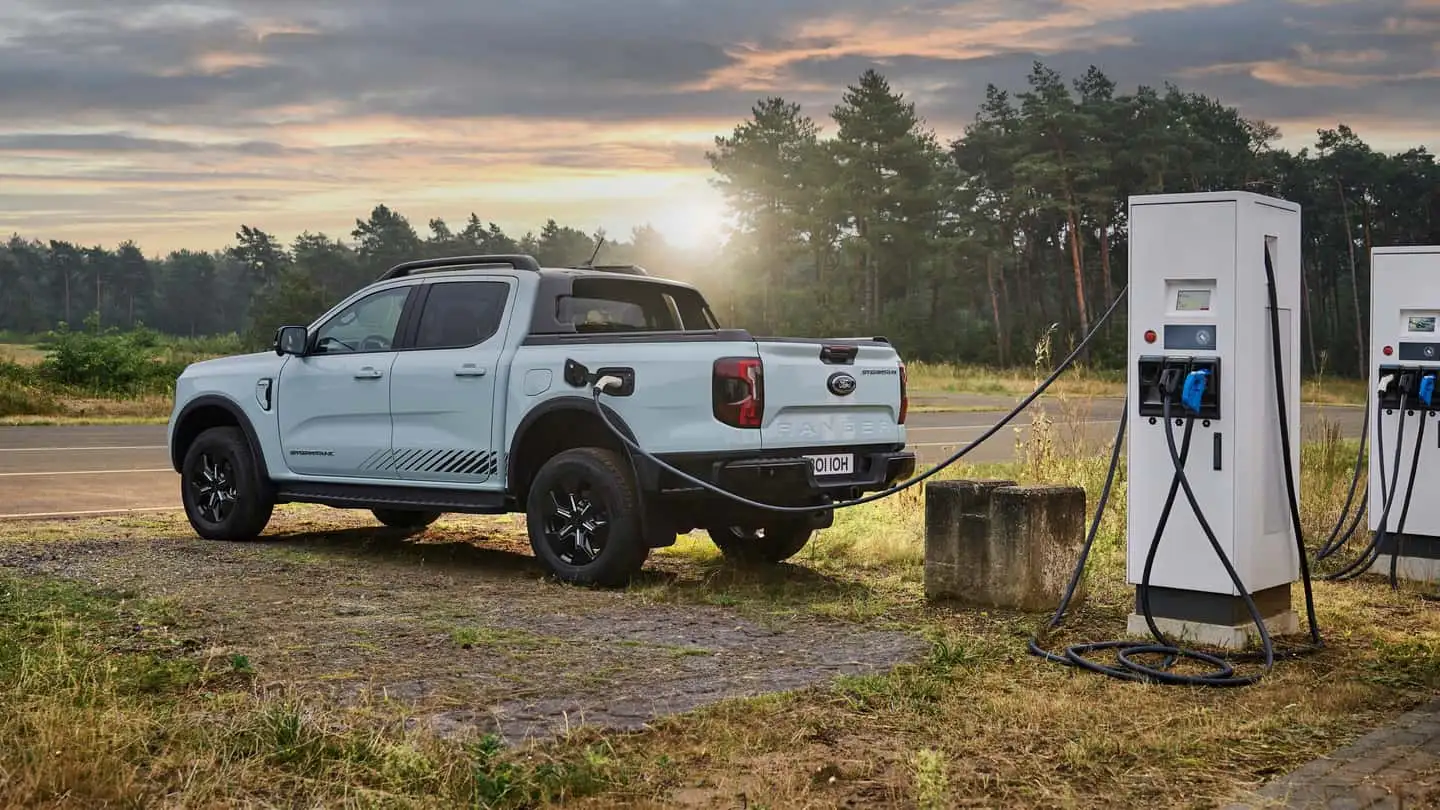
According to the report, the 14 automakers that previously announced their plans for 2030 will now produce a total of 23.7 million electric vehicles, down by 3.3 million from the original forecast, which expected to produce 27 million EVs in 2030.
According to the report, the 14 automakers will now produce a total of 23.7 million EVs.
Collective impact of automakers on the market
Although each automaker sets its goals individually, their combined efforts could make a big difference in the global car market. But if all companies start scaling back their plans, it could create problems for the EV segment in the coming years. Nevertheless, global electric vehicle sales continue to grow, and the long-term outlook remains positive for now.
While global EV sales are still growing, the long-term outlook is still positive.
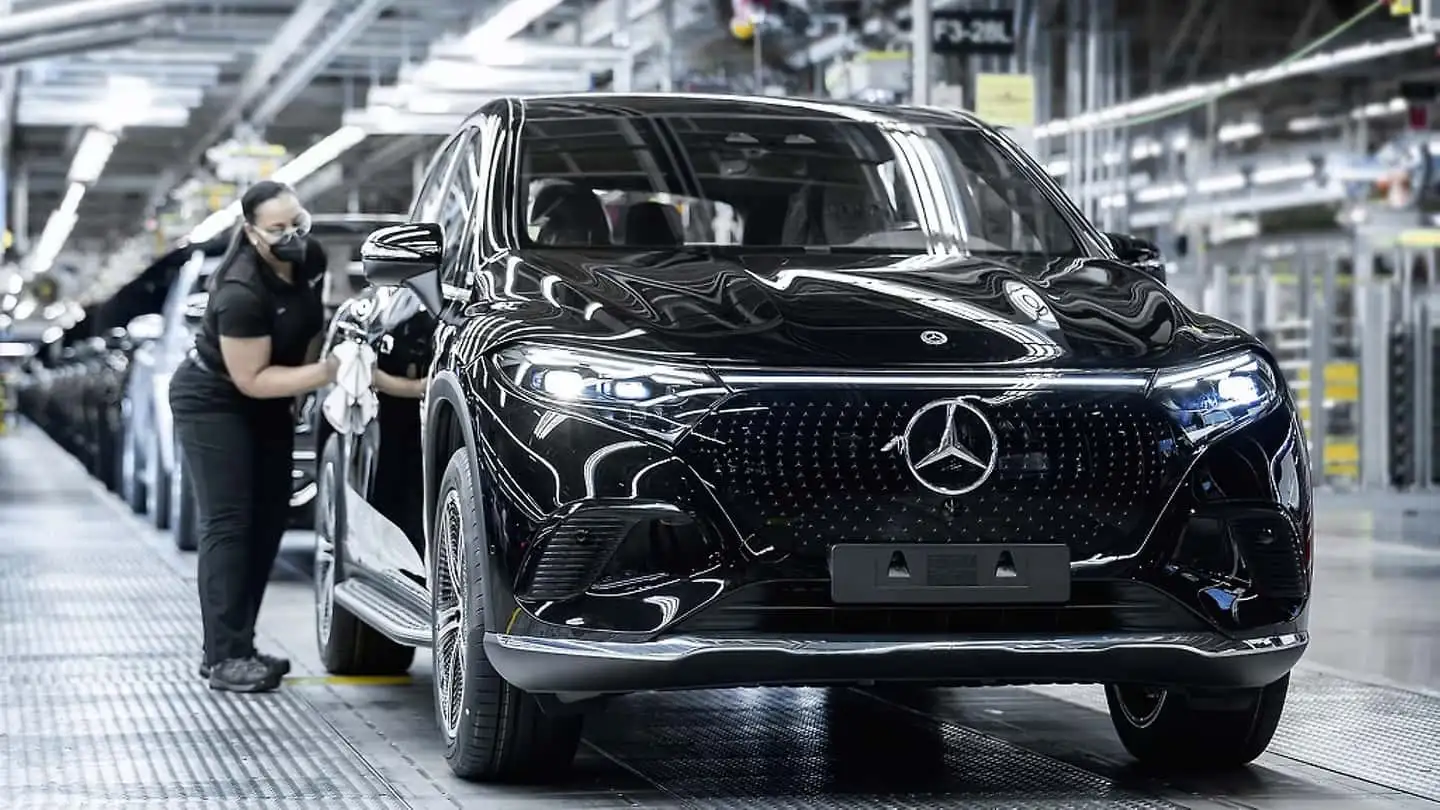
Automakers’ revised targets
Six major automakers have revised their plans for electric vehicle sales in 2024. For example, Mercedes-Benz had planned for electric vehicles to make up 100% of its sales by 2030, but the company is now targeting only 50%. Ford has abandoned its goal of selling only electric vehicles in Europe by 2030 and is emphasizing hybrid models such as the Ford Ranger Plug-in Hybrid. Volvo has also adjusted its plans: the company is now aiming for 90 percent of its sales to come from electric cars and hybrids, although it had previously planned to switch entirely to EVs.
Volvo has also adjusted its plans.
Economic challenges and market factors
One reason for the slowdown is that automakers are still losing money on electric vehicles due to high development and production costs. High EV prices, rising interest rates, and consumer concerns about charging infrastructure and range also play a role.
High EV prices, rising interest rates, and consumer concerns about charging infrastructure and range also play a role.
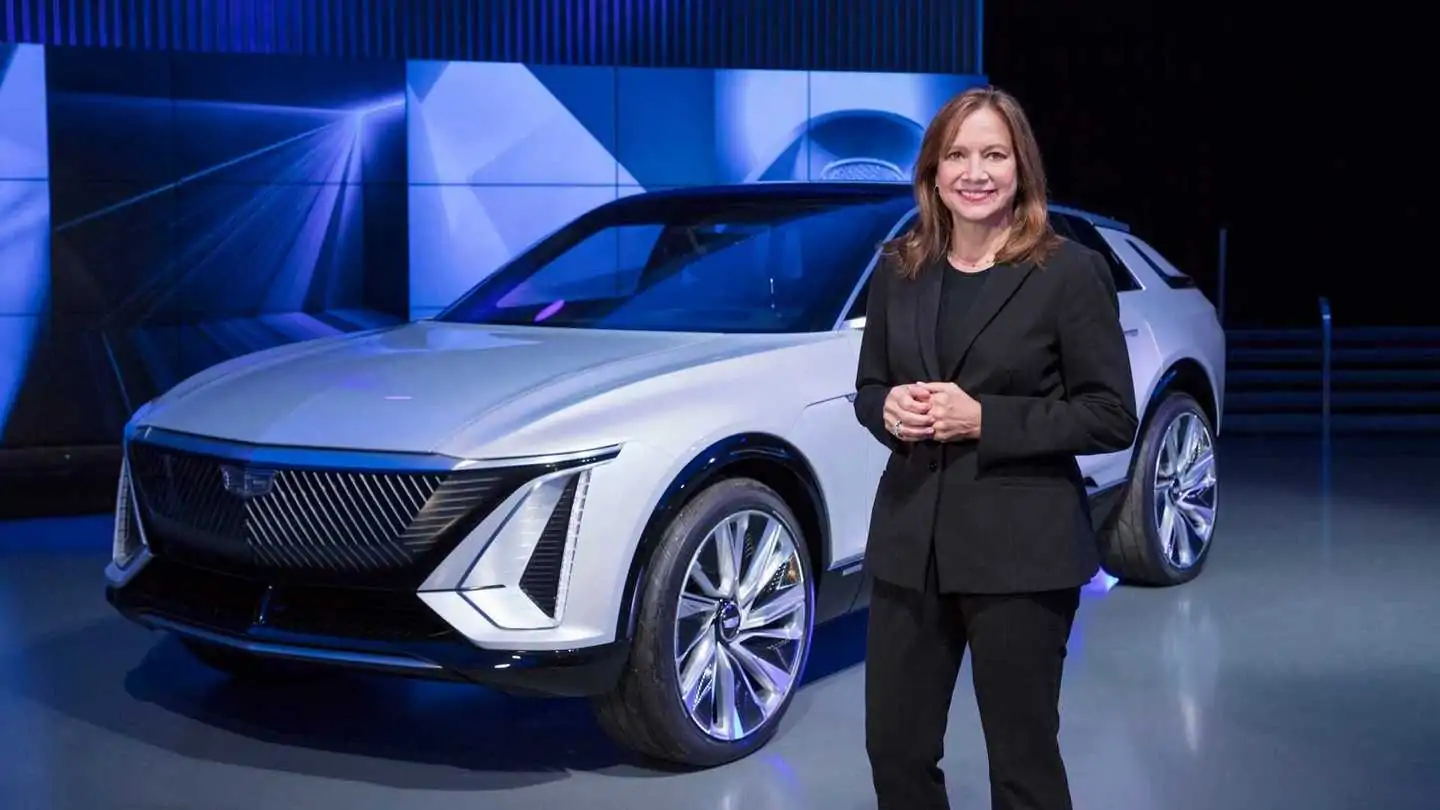
For example, General Motors recently canceled a plan to produce 1 million electric cars in North America by 2025. GM Mary Barra s CEO explained that “the market is simply not evolving as expected.” Toyota, which has always relied on hybrids, cut its 2026 EV sales forecast from 1.5 million to 1 million.
Toyota, which has always relied on hybrids, has cut its 2026 EV sales forecast from 1.5 million to 1 million.
While it’s not expected to sell more than 1 million EVs, it’s not expected to sell more than 1 million.
Risks for automakers
Analysts at BNEF warn that companies that slow the transition to electric vehicles too much risk falling behind market leaders such as Tesla and BYD. The key to profitability in the EV market is achieving economies of scale. Automakers that reduce their targets may postpone achieving that goal indefinitely.
Tesla Tesla BYD.
Positive Examples
Despite the overall downturn, companies such as Kia, Hyundai and BMW continue to aggressively develop their EV product lines and are well positioned to achieve their goals, according to analysts. In addition, China’s BYD, according to BNEF, has already fully transitioned to electric and hybrid sales, outpacing many Western automakers.
BYD is also on track to reach its target, according to BNEF.

